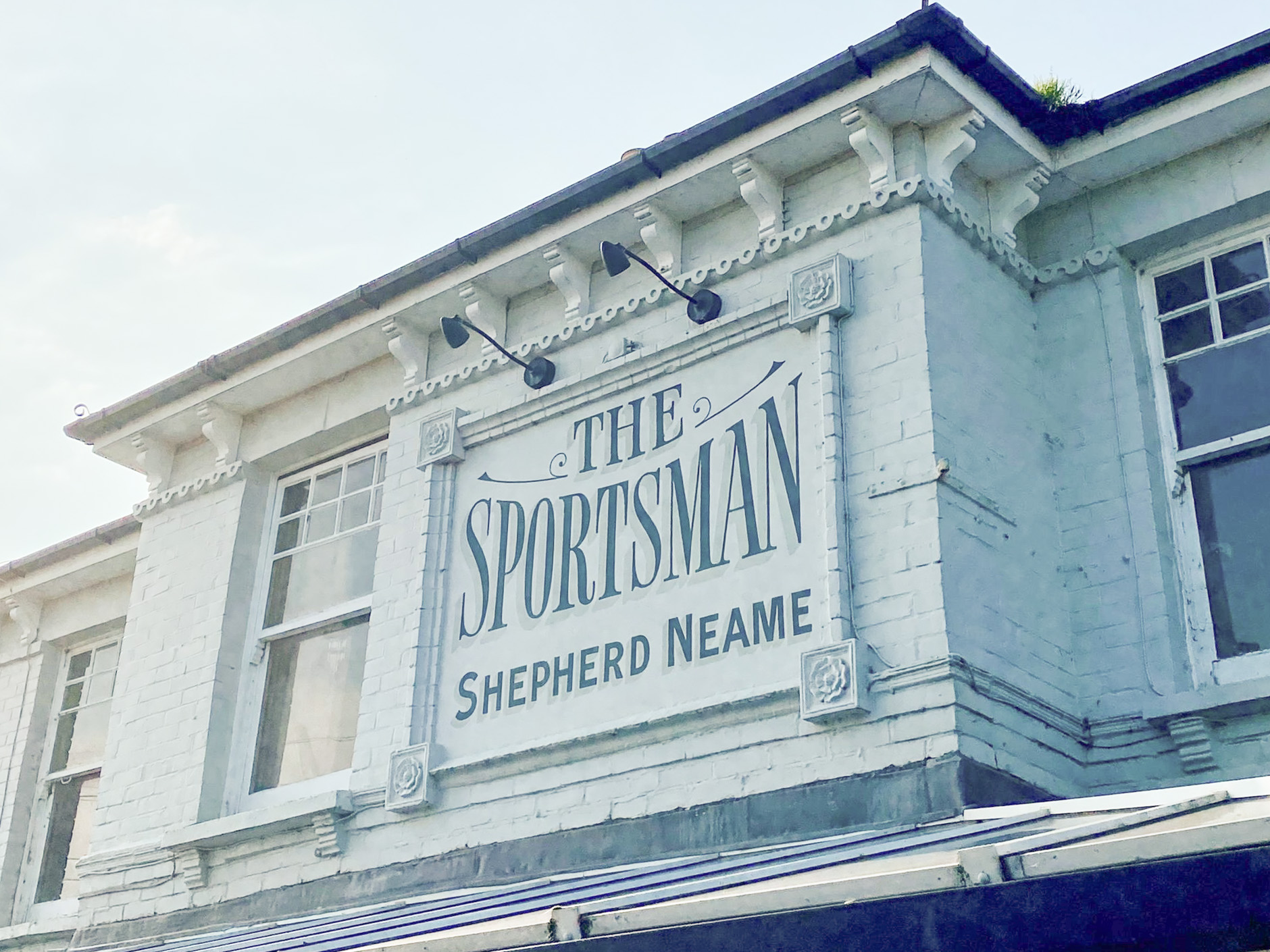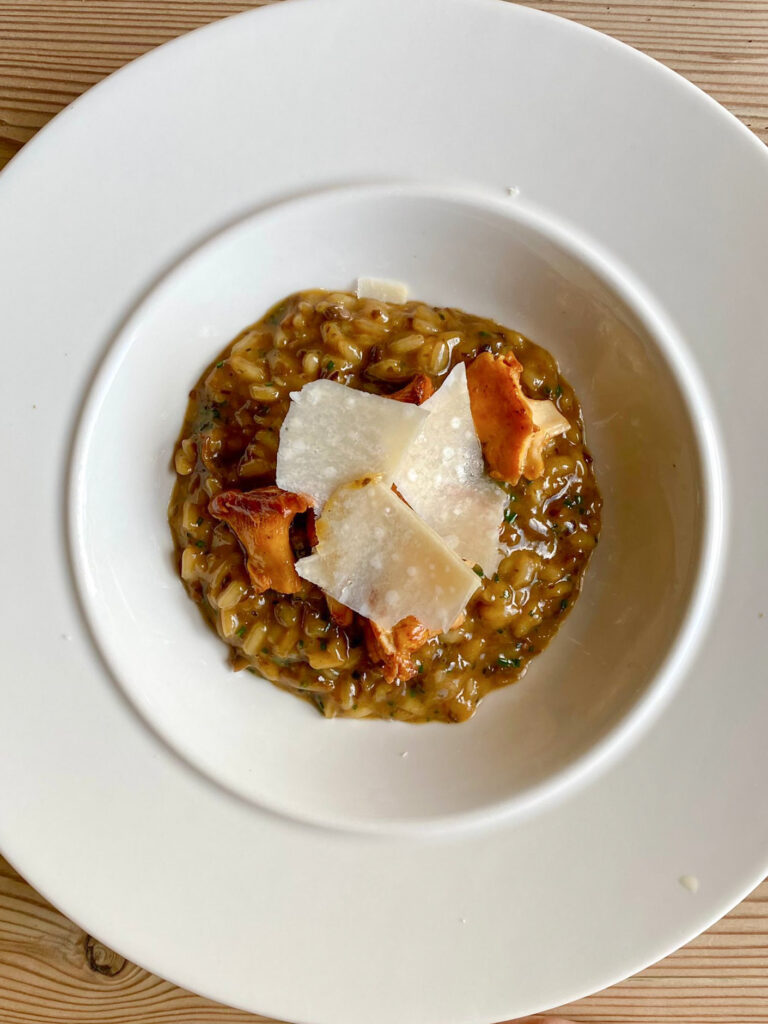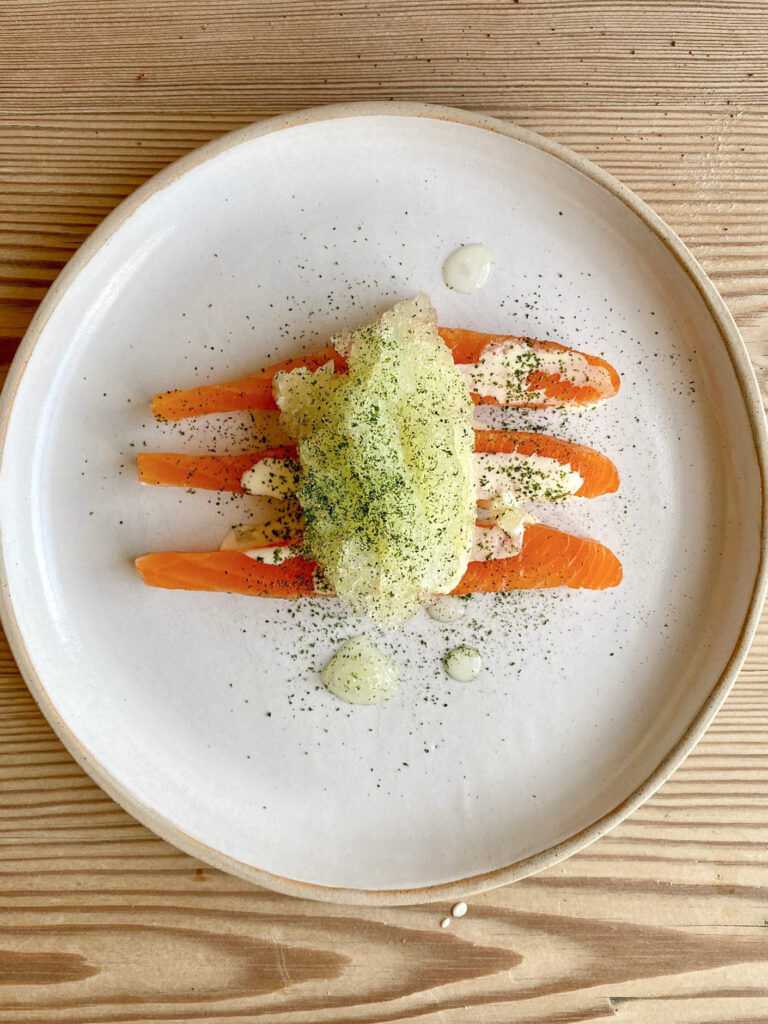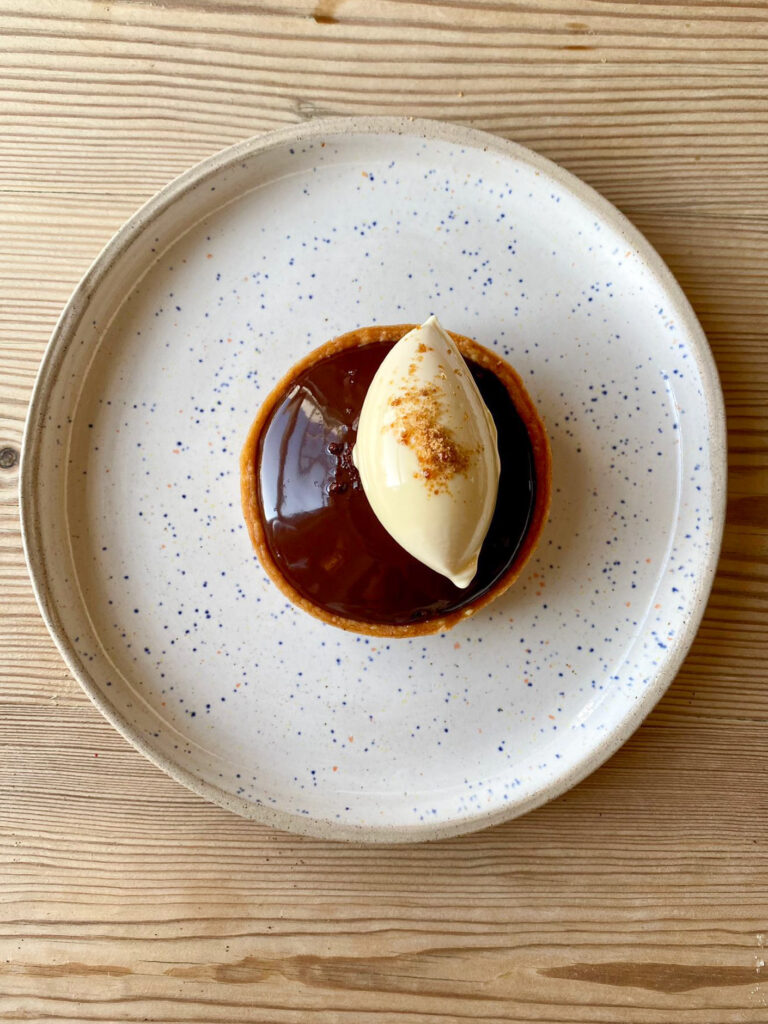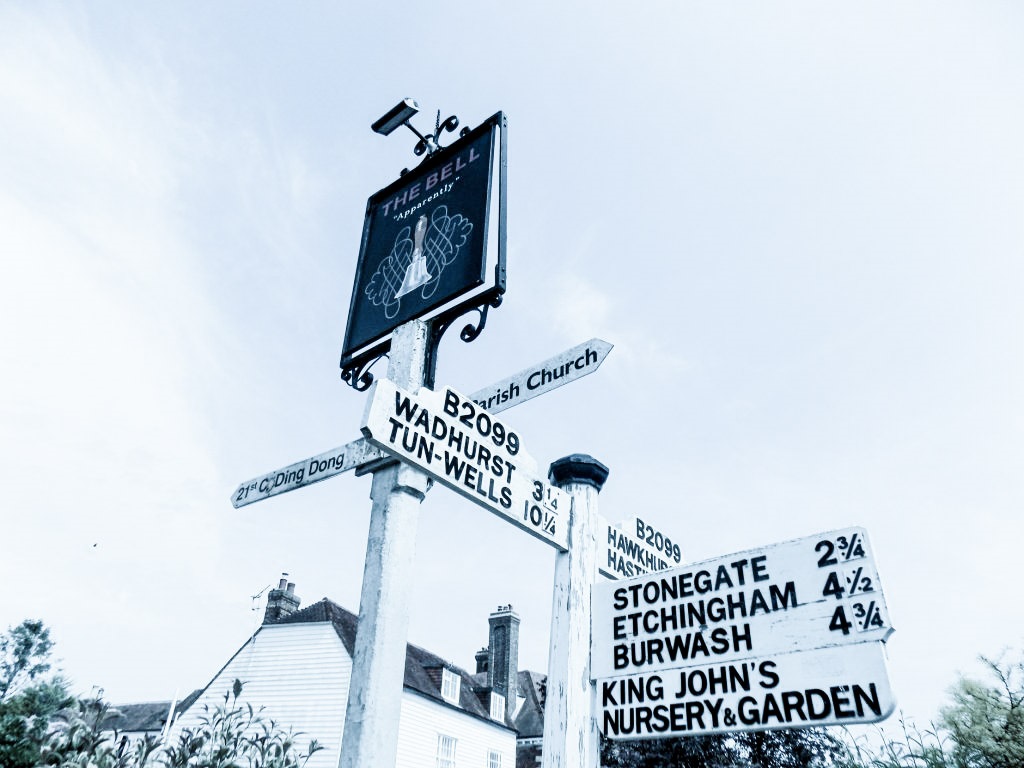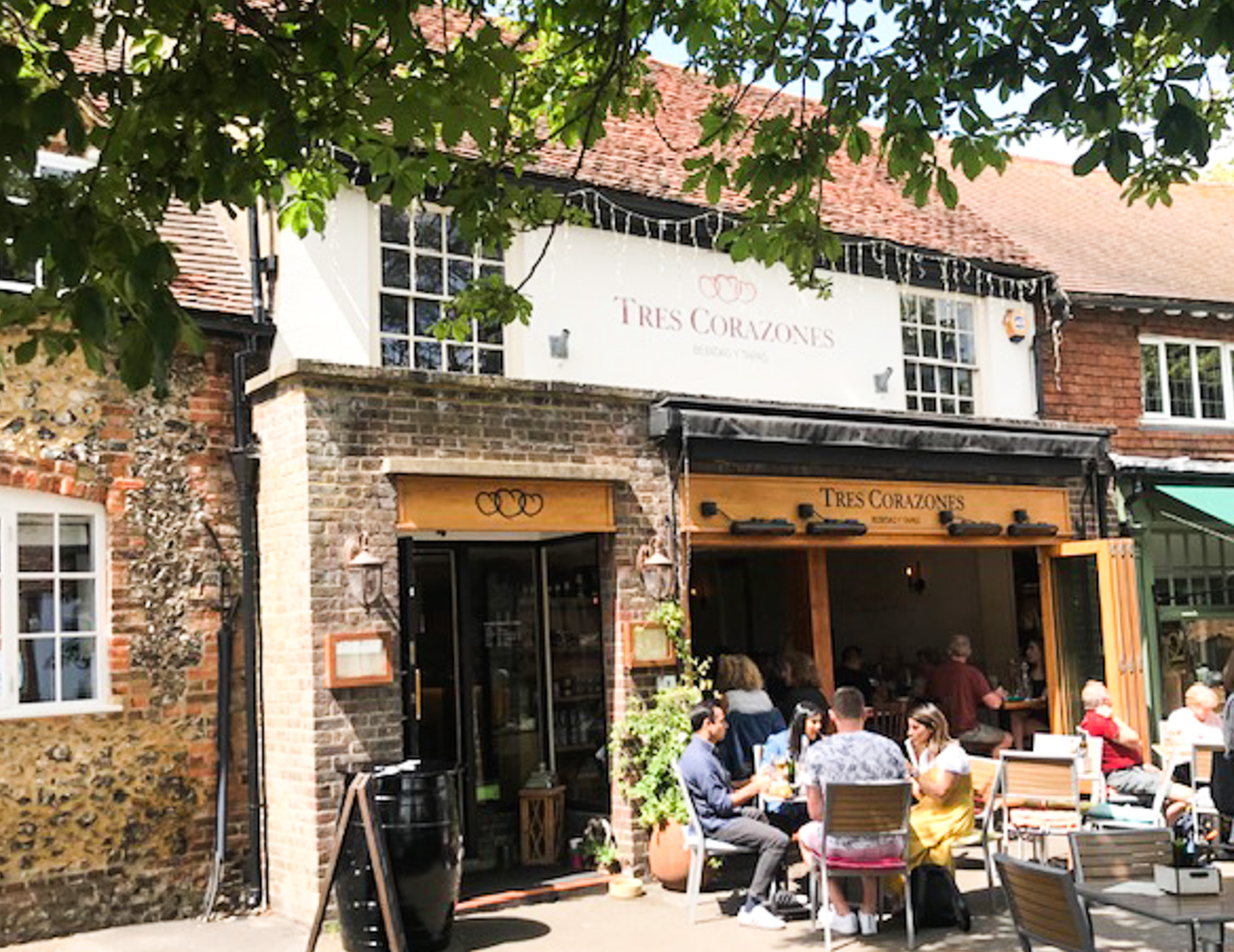A day at a British beach is usually a disappointment. I know this year we’ve all come to realise that there are unique treasure troves of beauty much closer to home and our collective wanderlust can be satiated right here in Blighty. But Britain’s beaches are a different story. I lived in Bournemouth for a few years and know how miserable the cavalcade of sun-seekers truly are when pretending that Britain is geared up for the beach way of life. On the one weekend of the year when the weather is actually “beach friendly,” hordes of frantic, pasty, desperados (drinking Desperados) try to convince themselves that lying on a floor made of pebbles is somehow comfortable.
It was therefore with some trepidation that I ventured to the coast in search of The Sportsman: the long-fabled seaside spot, former “best restaurant in the UK” and indeed already reviewed positively by Palate a couple of years ago (everywhere is due a check-up and I was glad to take up this opportunity).
Due to rail replacement services – three words that fill any Brit with a pungent mix of dread and loathing – we never made it as far as Margate, Whitstable or even Seasalter. Instead, Faversham, an unassuming quaint little town, was our final stop. Kent is known as the “Garden of England”, which conjures an image of a green and pleasant land full of wealthy Tonbridge Wellians and Sevenoakians. It is in fact the most deprived county in the south and districts like Thanet are some of the most deprived in Britain. Faversham sits precariously between Thanet North and Sittingbourne and Sheppey as a more prosperous community and a beacon – an idea perhaps – that fortunes might change in northern Kent.
Walking five miles on roads with footpaths as intermittent as the signal certainly builds up your appetite. I fully expected to roll my eyes, turn to Cat and say “typical” with a British sigh of exasperation as we negotiated crowds, beach huggers, ramblers and bus-trippers filling the roads. But, instead, there was peace. The flat, expansive land that rolled out in front of us was hardly an oil painting. There were telegraph poles, a distant power sub-station and you could see Whitstable a few miles east. A handful of birdwatchers stared intently at a tree, binoculars out and a skein of geese took flight, as did turnstones and plovers.
I found a surprising sense of clarity here, an emotion that became my overarching thought as I reflected on my meal that day. The Sportsman is after all a pub, with all those oddities I so enjoy. The slightly yellowing taupe-ish walls, the wonky paintings from some local artist, the chairs and tables constructed of the same shade of wood as the floors, the wilting autumnal garden. The Sportsman has always been an impossibility for me: impossible to book, impossible to mimic, impossible to transport that sense of place or clarity anywhere else. But we sat, under the weight of that expectation and ate. Ate exceptionally well.
The still-warm poached oyster supported by a generous mound of caviar started what I can only describe as one of the most intentional, well-conceived meals I’ve enjoyed in years. If you knew nothing of Stephen Harris’ cooking you could eat that oyster and understand The Sportsman’s entire raison d’être.
Continuing with exceptional soda bread and then a truffle, mushroom and celeriac tart, which was as well-executed as any dish I’ve had this year, I landed at the slip sole with seaweed butter.
Avowedly local, Harris’ cooking, innovation and intent can be traced back to, summed up by and possibly even flow from this one plate. Simple, yet devilishly difficult to execute; innovative, yet contains just four components. The slip sole dish is to The Sportsman what the spherified olive was to El Bulli; what the bone marrow and parsley salad is to St John; what the eel sandwich is to Quo Vadis. It’s an enigmatic plate of joy this; the firm yet tender fish pulling just so as you prize flesh from bone and mop up that intense, salty seaweed enhanced butter which penetrates through the fish.
The meal wasn’t all smooth sailing though. My duck main course, whilst incredibly flavourful, was not delivered as pink as promised, and for all of the inescapable joy of our mushroom risotto and our cured trout plate, I found the famous chocolate tart to be overly sweet and lacking in some of that refinement that is so characteristic of The Sportsman (as an ardent chocolate lover and a man with an insatiable sweet tooth, that pained me to write).
However, as I tucked into a lighter-than-air raspberry soufflé, I considered once again the clarity of the food, the pub itself and this vision that underlies it all. It’s the simplest of things: local ingredients used to be so pervasive in cooking, before words like provenance were used as a kind of marketing tool.
It’s a clarity that sense of place helps to achieve, an almost stubborn identity of British cooking perfectly personified and housed within that most typically British of institutions: a rather shabby but glorious pub turned restaurant.
The Sportsman could never redeem all British seaside towns. It’s not likely to persuade me that a holiday in Skegness could ever be as glorious as a week in Tavira. But what The Sportsman can do is convince me that a day at (or at least, quite near) the beach isn’t always a disappointment.
Faversham Road
Seasalter
Whitstable
CT5
November 2021
by Mike Daw

